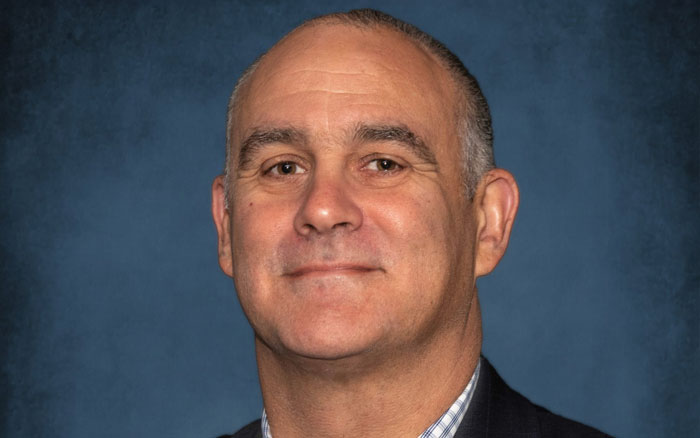Ben Stein, the dry-eyed lawyer, writer, actor, economist, was offered a chance to invest with Bernard Madoff, and lived to tell about it:
ABOUT two years ago, a little delegation from a major investment bank arrived at my home in Beverly Hills. These nice young people were from the bank’s “wealth management division.” I told them straight away that I didn’t have anywhere near enough wealth to make their trip worth their time, but they smilingly insisted that we could help each other.
They told me that if I invested a certain sum with them, they would make sure that a large chunk of it was managed by a money manager of stupendous acumen. This genius, so they said, never lost money. He did better in up markets than in down markets, but even in down markets he did well. They said he used a strategy of buying stocks and hedging with options.
I protested that a perfect hedge would not allow making any money, because money made on the one side would be lost on the other. They assured me that this genius had found a way to spot market inefficiencies and, indeed, to make money off a perfect hedge.
I thanked them for their time and promptly looked up Bernard Madoff online. Nothing I saw was even a bit convincing that he had made a breakthrough in financial theory. Besides, this large financial firm was going to charge me roughly 2 percent to put my money with Mr. Madoff’s firm. I could invest my few shekels with Warren Buffett for no management fee at all.
I checked with my investment gurus, Phil DeMuth, Raymond J. Lucia and Kevin Hanley. None of us could see how Mr. Madoff could do what his friends said he could do. I politely passed and went on my way, finding my own inventive ways to lose money on a colossal scale during these last 15 months.
My point is not that I was so smart. I am not and I was not. Mistakes are a big part of my life. My point is that, as humans, we seem unable to learn from our mistakes very well.
That commission—2 percent—actually sounds like a steal compared to the 3.8 percent that Robert Chew said Stanley Chais charged on his $1.2 million investment with Madoff—now gone.
In the end, though, Stein applied the same wisdom that Rabbi Harold Schulweis imparted last week: “If they tell you it is too good to be true, then it’s too good to be true.”
This is elementary economics. In the above video, Ben Stein the history teacher talks about voodoo economics.






















 More news and opinions than at a Shabbat dinner, right in your inbox.
More news and opinions than at a Shabbat dinner, right in your inbox.